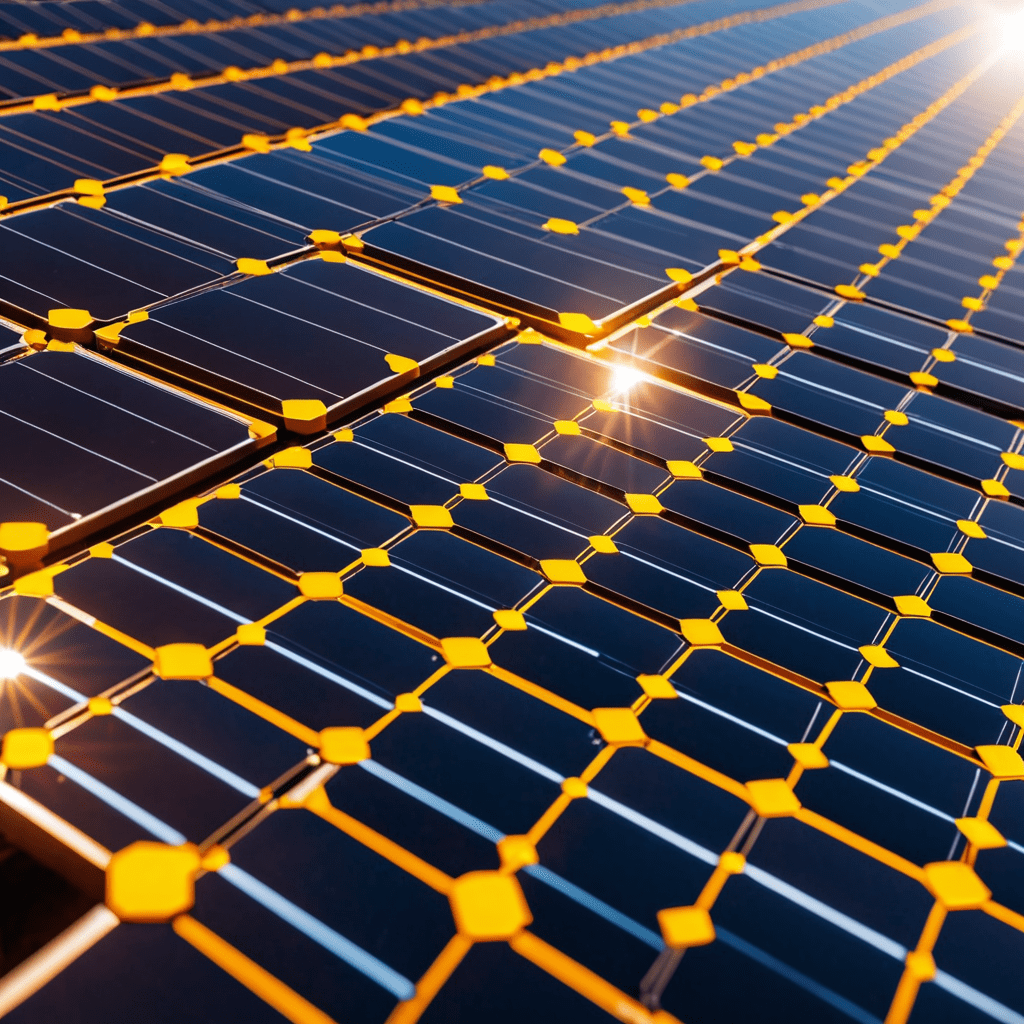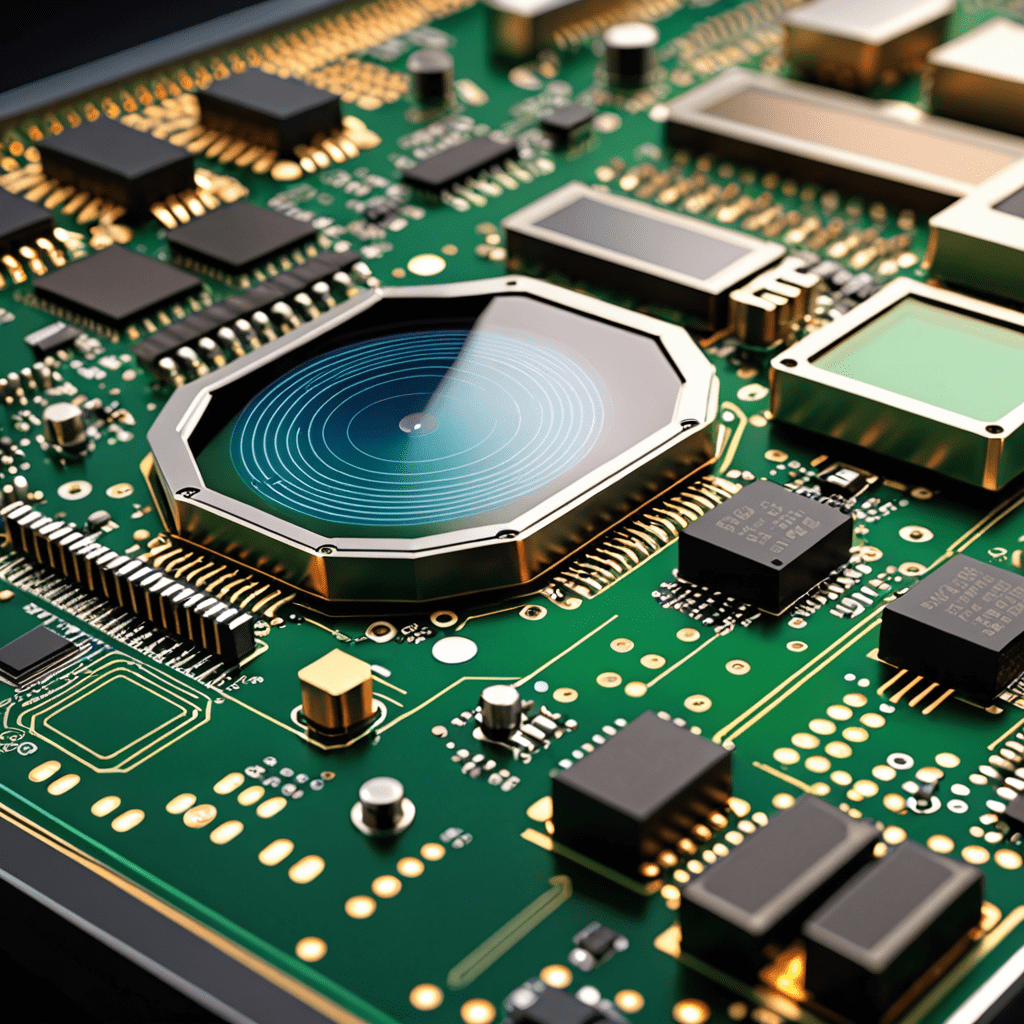The Role of Nanotechnology in Water Purification
Nanotechnology, a cutting-edge field that deals with materials at the nanoscale, has revolutionized various industries, including water purification technology. In the quest for clean drinking water, nanotechnology offers innovative solutions.
Nano-Materials for Water Treatment
Nano-sized materials like nanoparticles and nanotubes have unique properties that make them highly effective in removing contaminants from water. These materials provide a large surface area for interactions, enhancing the efficiency of purification processes.
Enhanced Filtration with Nanoparticles
By incorporating nanoparticles into filters, the filtration capacity can be significantly increased. Nanoparticles can capture and immobilize pollutants, bacteria, and viruses, improving the quality of water that passes through the filtration system.
Nanotechnology-Based Disinfection Methods
Nano-based disinfection methods, such as using silver nanoparticles, have shown promise in eliminating harmful pathogens in water. These methods offer a sustainable and efficient way to ensure that drinking water is safe for consumption.
Membrane Technologies Utilizing Nanomaterials
Nanotechnology has enabled the development of advanced membrane technologies for water purification. Nanomaterial-coated membranes can selectively remove contaminants while maintaining high water flux rates, making the purification process more effective.
Benefits of Nanotechnology in Water Purification
The application of nanotechnology in water purification offers numerous benefits, including improved efficiency, lower energy consumption, and the ability to target specific contaminants. These advancements play a vital role in providing clean drinking water to populations around the world.
Future Implications and Sustainability
As research in nanotechnology continues to advance, the future of water purification looks promising. Sustainable nanotechnology-based solutions have the potential to address water scarcity issues and ensure access to clean and safe drinking water for all.
FAQs about Nanotechnology in Water Purification Technologies
What is nanotechnology in water purification?
Nanotechnology in water purification involves using materials at the nanoscale to filter out contaminants and impurities from water, resulting in clean and safe drinking water.
How does nanotechnology help in water purification?
Nanotechnology allows for the development of advanced filtration systems with nano-sized materials that can effectively remove pollutants, bacteria, and other harmful substances from water, ensuring its purity.
What are some examples of nanotechnology applications in water treatment?
Examples include nanostructured membranes, nanoparticles like carbon nanotubes, and nanoscale catalysts that can help degrade pollutants in water. These technologies enhance the efficiency of water purification processes.
Is nanotechnology in water purification safe for consumption?
Yes, nanotechnology-based water purification technologies undergo rigorous testing to ensure that they meet safety standards. When used properly, nanomaterials in water treatment pose no harm to human health and provide clean drinking water effectively.



